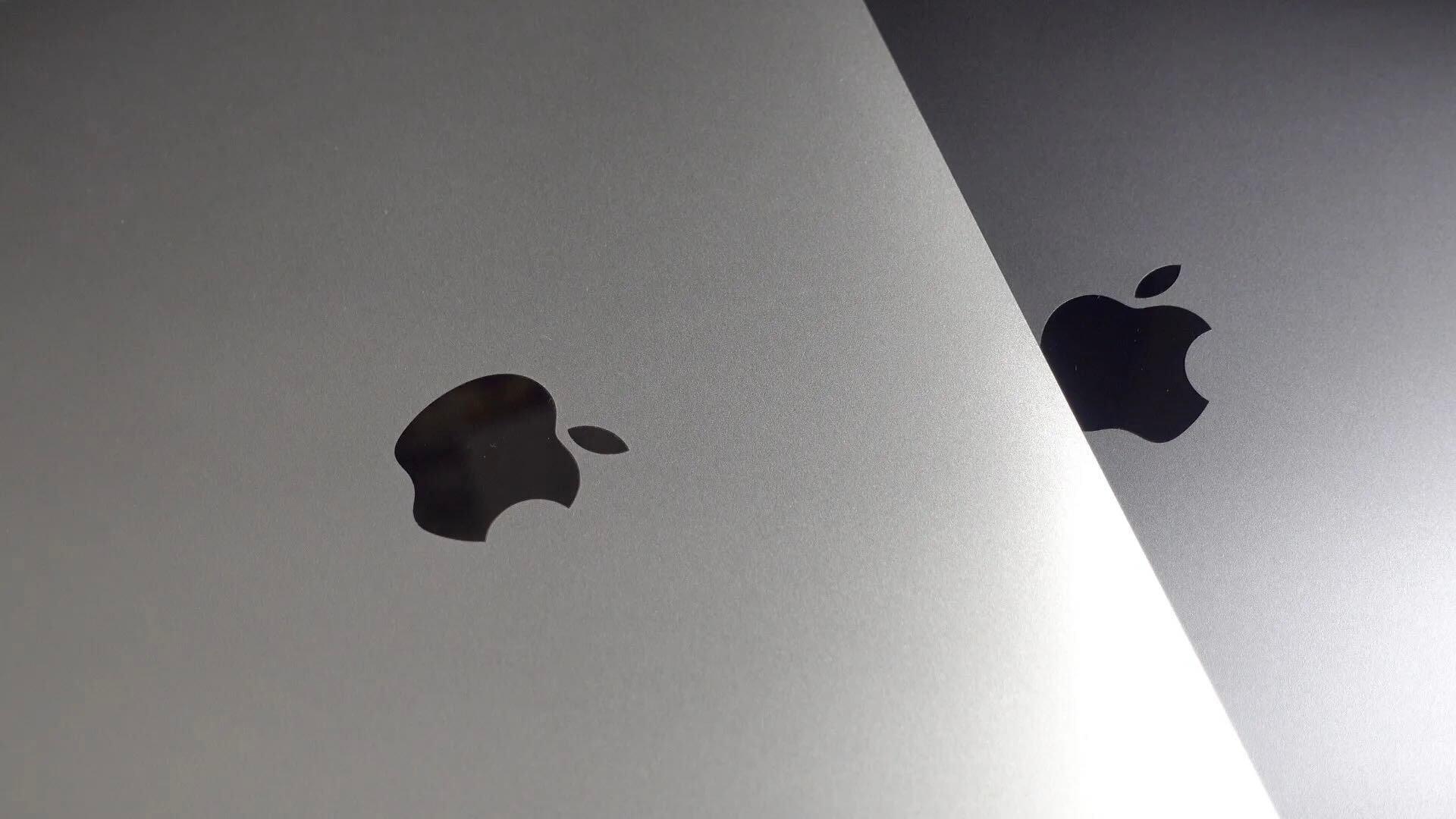
What OS X El Capitan’s license really says, according to a programmer/lawyer

We all know the features of OS X El Capitan pretty well by now: Split View multitasking, new San Francisco system font, overhauled Notes app, and smaller changes throughout. Before anyone upgrades to El Cap, however, we’re all faced with the usual scrolling wall of text that we’re asked to read and agree to before ever using OS X: the licensing agreement.
I’m guessing virtually no one reads beyond the first paragraph if even that, but Robb Schecter, a self-described programmer/lawyer, took for one the team this year and translated El Cap’s license into plain English. These 7 points tell me more than I admittedly knew before:
Expand
Expanding
Close

